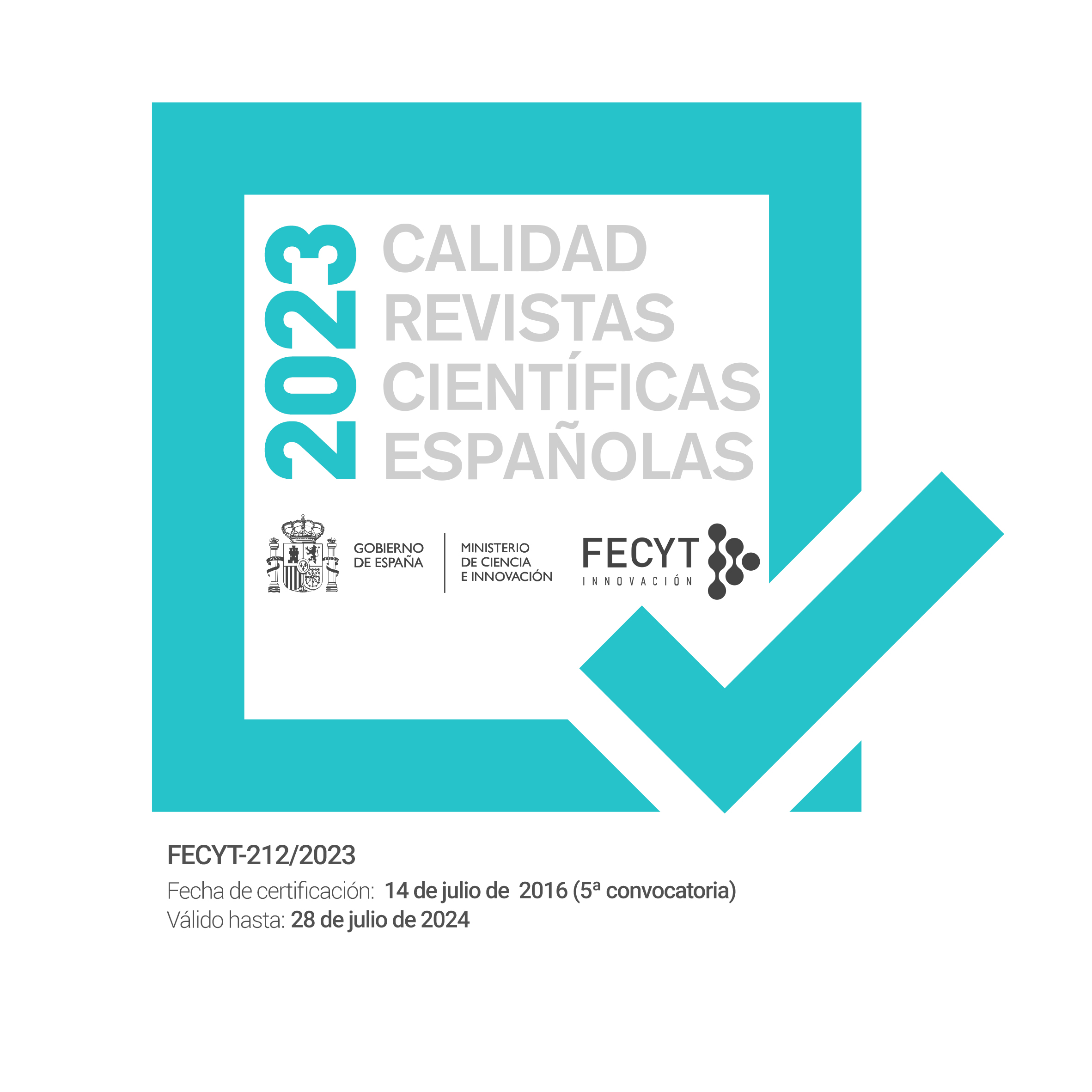Estudiar las características y evolución de los tumores epidermoides de pene.
Material y métodosSe realizó un estudio retrospectivo sobre los tumores epidermoides de pene tratados en nuestro centro entre 1981 y 2005.
ResultadosSe diagnosticaron 16 tumores epidermoides de pene. La edad media de los pacientes fue de 71,7 años (intervalo entre 54 y 90 años). En el 80% de los casos se diagnostican en estadios avanzados (T3 y T4). Las formas de presentación más habituales son las lesiones ulcerosas (53%) y papilares (33%), siendo el diámetro medio de la lesión de 2,3 cm, y la localización más frecuente el glande (53%) y el surco balano prepucial (33%). Se realizaron 7 escisiones locales, 8 penectomías parciales, una penectomía total, y una escisión más tratamiento local con 5-fluoracilo. Con una media de seguimiento de 24 meses se produjeron 5 recidivas, principalmente en pacientes sometidos a escisión local de la lesión (p = 0,06 test de log-rank).
ConclusionesEl carcinoma epidermoide de pene es una lesión tumoral propia de edades avanzadas que se diagnostica tardíamente y se trata de manera poco agresiva, por lo que son frecuentes los estadios avanzados y las recidivas.
To study the characteristics and evolution of the epidermoid penis tumours.
Material and methodsIt was carried out a retrospective study on the epidermoid penis tumours treated in our center between 1981 and 2005.
Results16 tumours penis epidermoides were diagnosed. The average age of the patients was of 71,7 years (interval between 54 and 90 years). In 80% of the cases they are diagnosed in advanced stadiums (T3 and T4). The most habitual presentation forms are the ulcerous lesions (53%) and papilar (33%). The average diameter of the lesion was 2,3 cm, and the most frequent localization the glands (53%) and balano prepucial (33%). They were carried out 7 local scissions, 8 partial penectomies, onetotal penectomy, and an local scission pluslocal treatment with 5-fluoracile. With a followup of 24 months 5 relapses took place, mainly in patients subjected to local excision of the lesion (p = 0,06 log-rank test).
ConclusionsThe epidermoid carcinoma of the penis is a tumoral lesion characteristic of advanced ages that is diagnosed later and treated in not very aggressive way. Therefore it is frequent the advanced stadiums and the tumour relapses.









